Queen Elizabeth Will Officially Hit 67 Years on the Throne This Week—But Here's Why She Won't Celebrate the Oc
Remember, becoming Queen wasn't exactly a happy occasion.
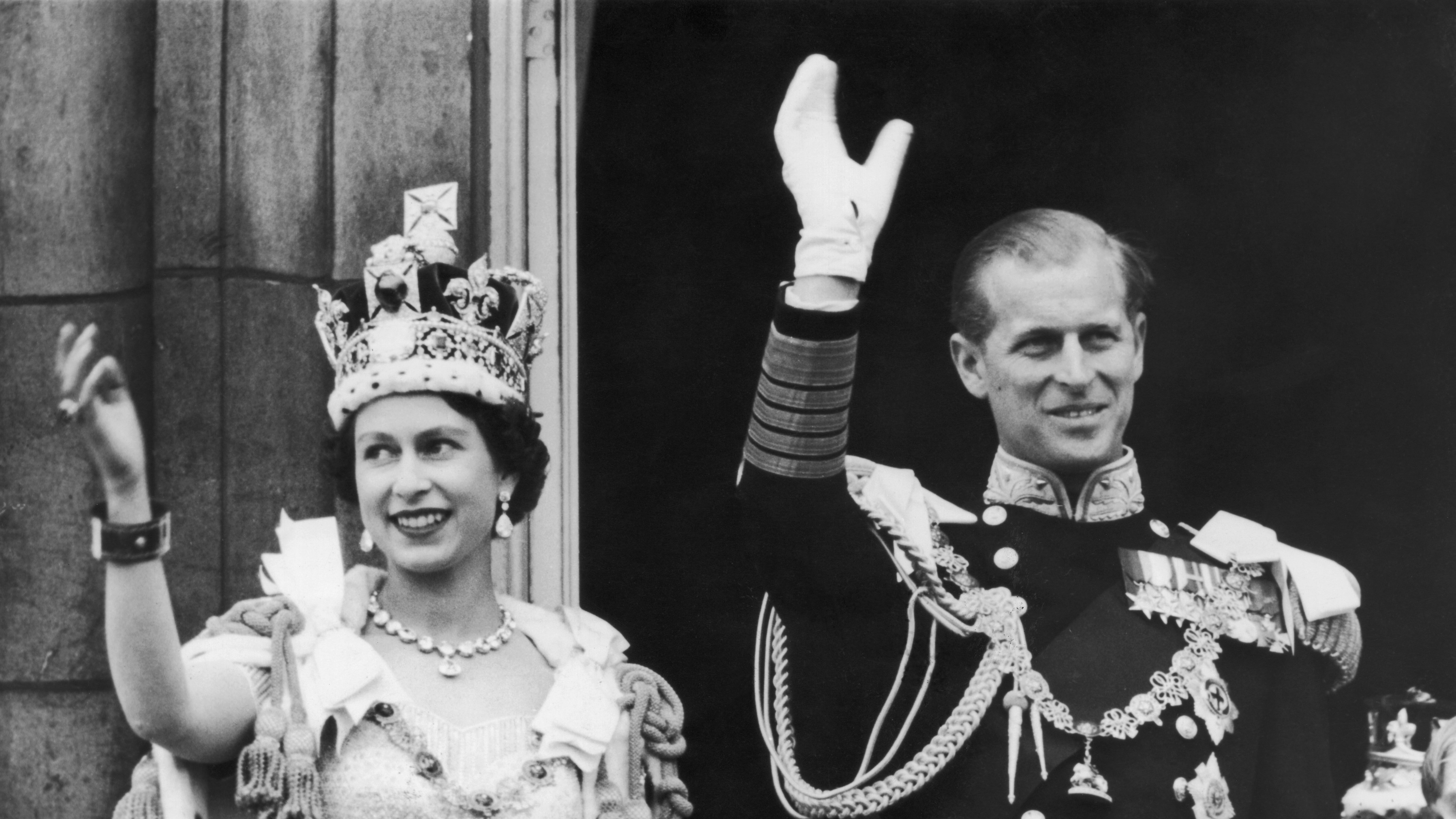
Why did Queen Elizabeth II become the Queen of England?When did Queen Elizabeth become Queen of England?What's the difference between an accession and a coronation?
Later this week, on February 6, Queen Elizabeth II will officially mark her 67th year as Queen of England. It's an accomplishment for the Queen, who is the longest-reigning monarch in British history, but it's not an occasion she's likely to celebrate. Why wouldn't she celebrate, you ask? Well, let's dig in.
That's because February 6, 1952 marks the day that Elizabeth's father, King George VI, died at the relatively-young age of 56.
Even though she's an accomplished monarch, Elizabeth wasn't actually born into a prominent place in the line of succession. In fact, her impressively-long reign is the result of an unexpected curveball that changed the course of history.
To put Elizabeth's place in the line of succession in context, when she was born, Elizabeth was basically the early 20th century equivalent of Princess Beatrice. Her father, George VI (who was known publicly as Albert until his own accession, when he took the regnal name "George VI") wasn't the direct heir to the throne. In modern terms, he was Prince Harry.
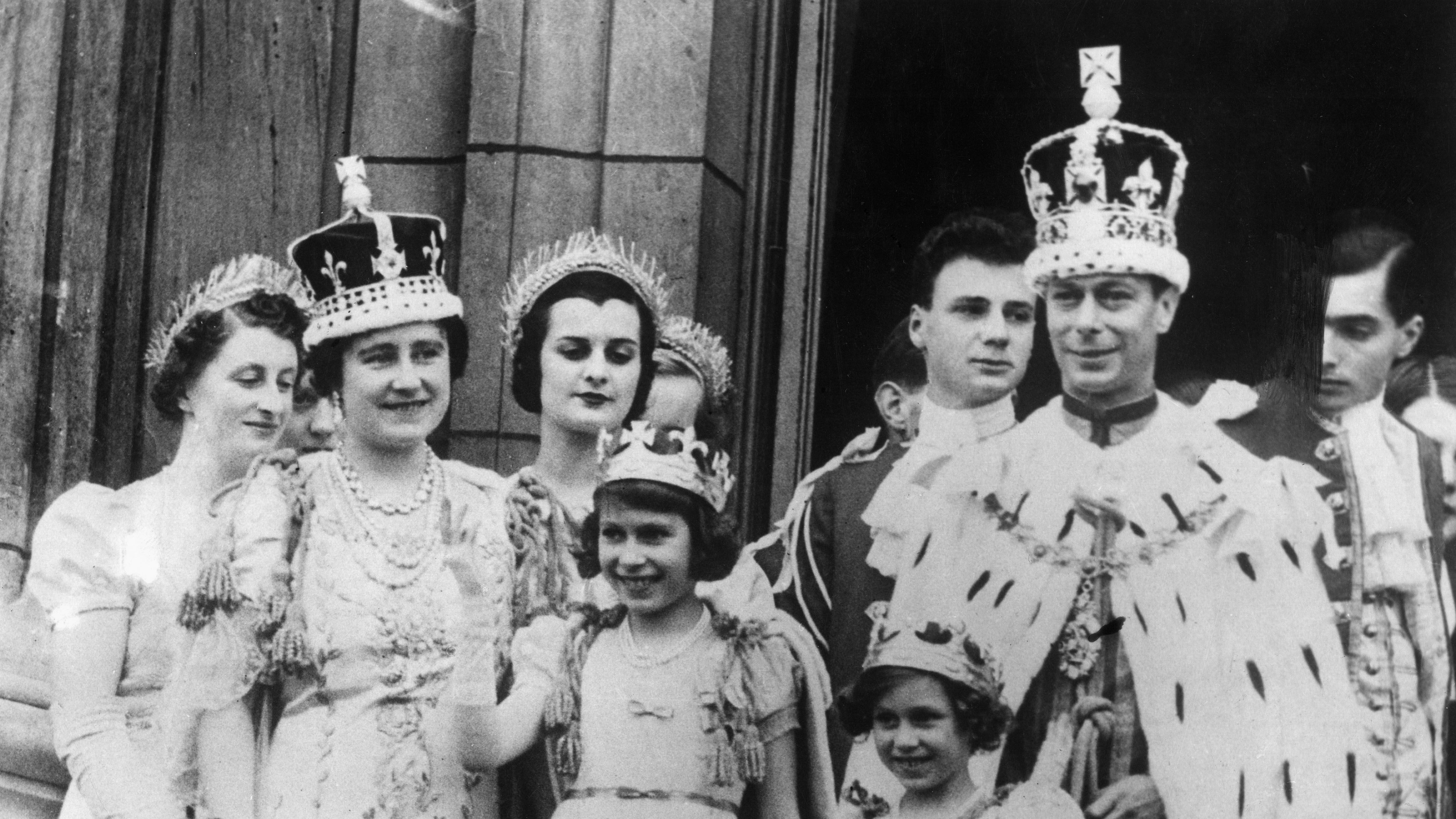
That’s Elizabeth in the middle, pulling a Princess Charlotte and waving to the crowd when her dad was King.
Albert/George VI's older brother, Prince Edward (regnal name Edward VIII) , was next in the line of succession, but ruled England for less than a year before abdicating to marry his mistress, an American divorcée named Wallis Simpson.
When Edward bowed out as monarch, Albert became George VI and his oldest daughter, Elizabeth, was suddenly the heir apparent to the British crown.
Get exclusive access to fashion and beauty trends, hot-off-the-press celebrity news, and more.
When did Queen Elizabeth become Queen of England?
Elizabeth went from Princess Elizabeth to Queen Elizabeth on February 6, 1952, when George VI died of a coronary thrombosis after battling health problems stemming from, among other things, a lifetime of heavy smoking.
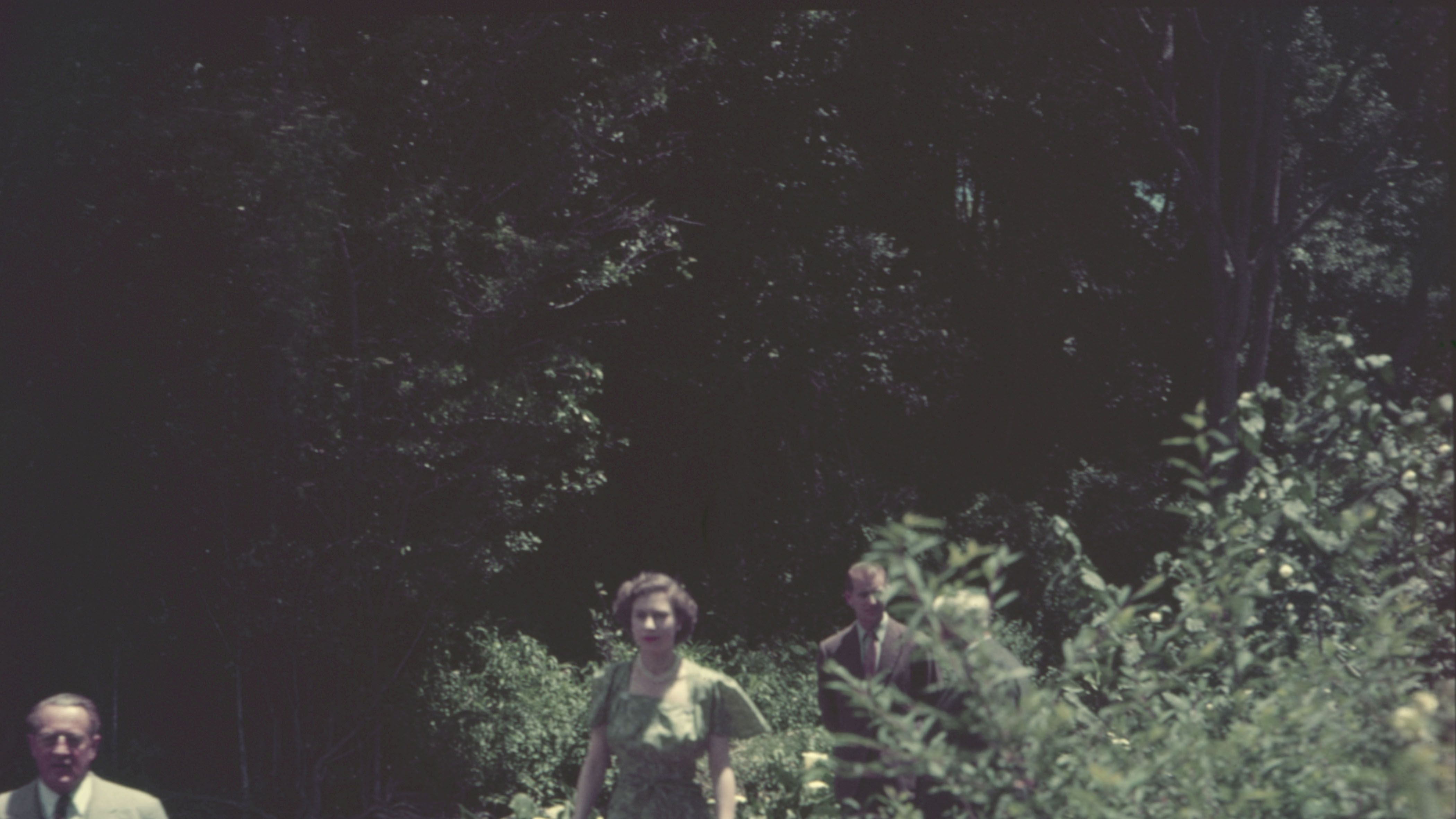
Elizabeth was on a royal visit to Kenya at the time and received the news after it broke to the public. Her husband, Prince Philip, reportedly delivered the news to her personally after hearing of the BBC's radio report of the news.
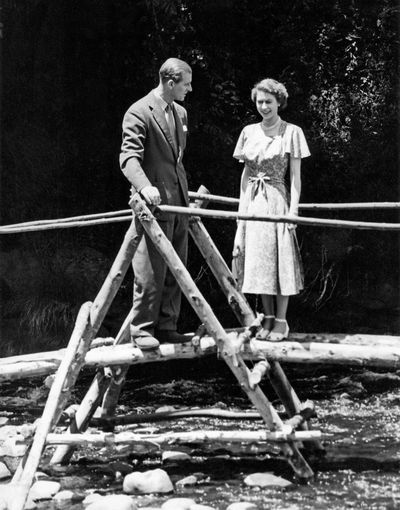
When Elizabeth flew back to England, she was Queen Elizabeth II (she opted to keep her birth name as her regnal name, meaning all she had to change was the addition of the "II" to distinguish her from Queen Elizabeth I, who famously ruled from 1558-1603). Her coronation took place on June 2, 1953.
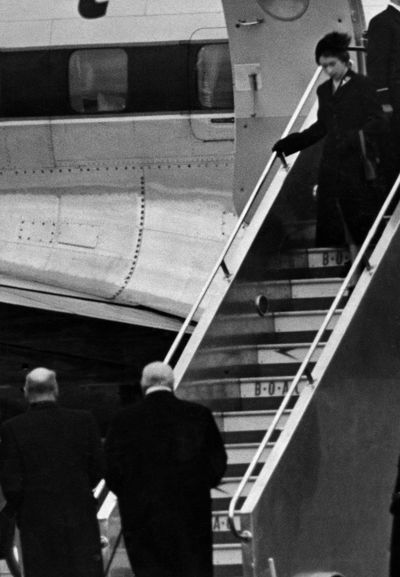
What's the difference between an accession and a coronation?
If the wide gap between Elizabeth's accession and coronation is a head-scratcher for you, know that the date of accession is the one that matters—it's the official beginning of a monarch's reign.
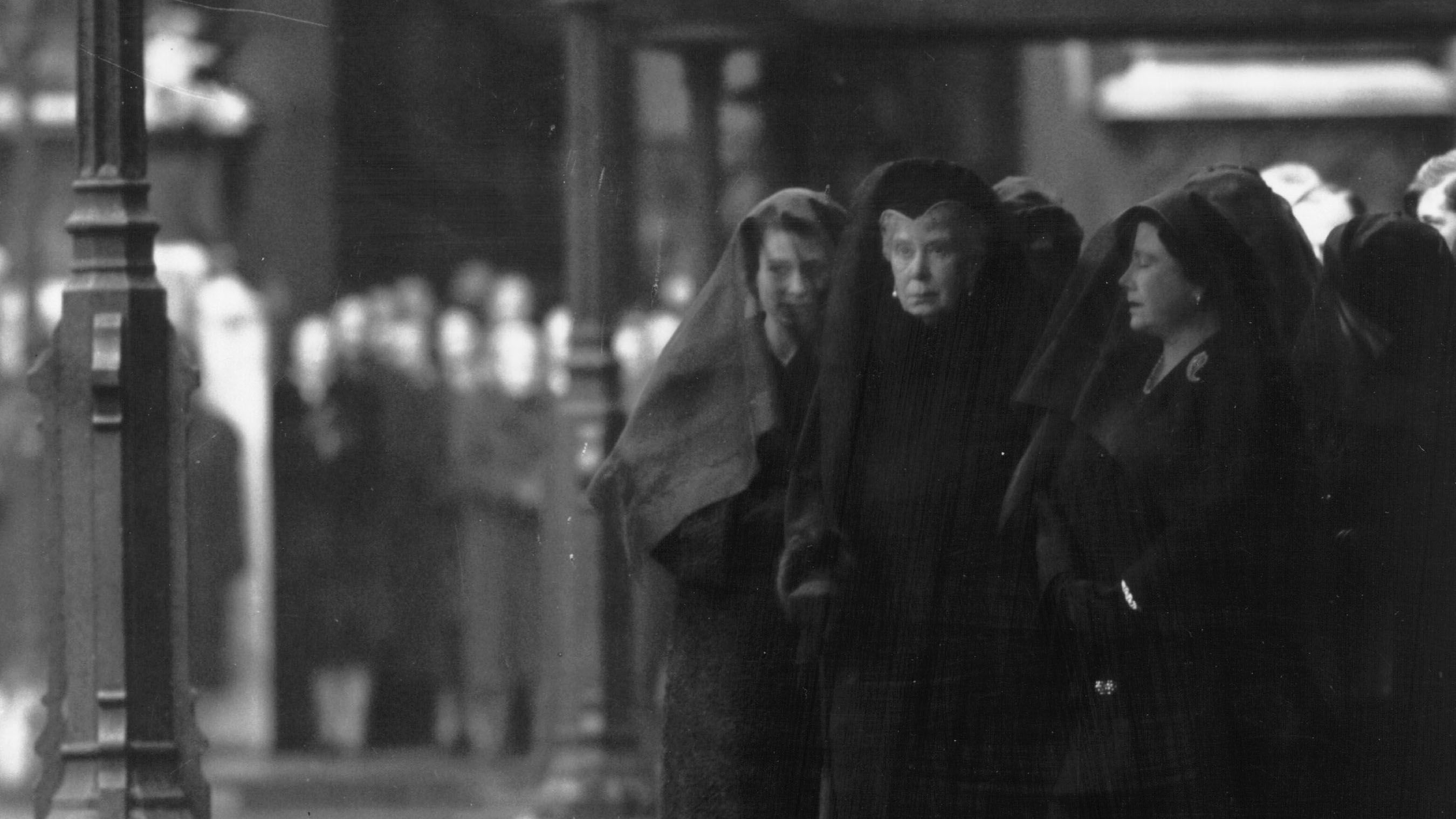
Elizabeth and her mother mourning King George VI at his funeral.
The coronation is more of a formality and generally occurs months after accession (Elizabeth's coronation was almost a year and a half after her accession) for a very practical and respectful reason: The coronation is a celebratory event and, since a monarch's accession is often marked by the death of a parent, they're given time to mourn before they're asked to celebrate their new position.
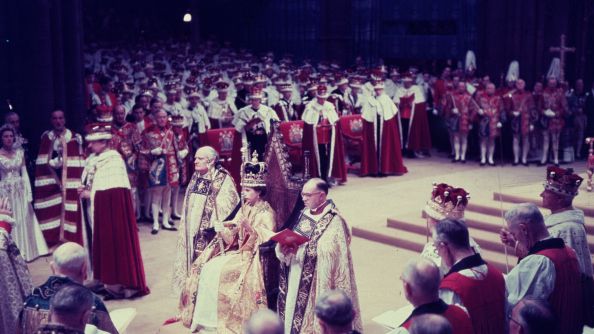
RELATED STORIES
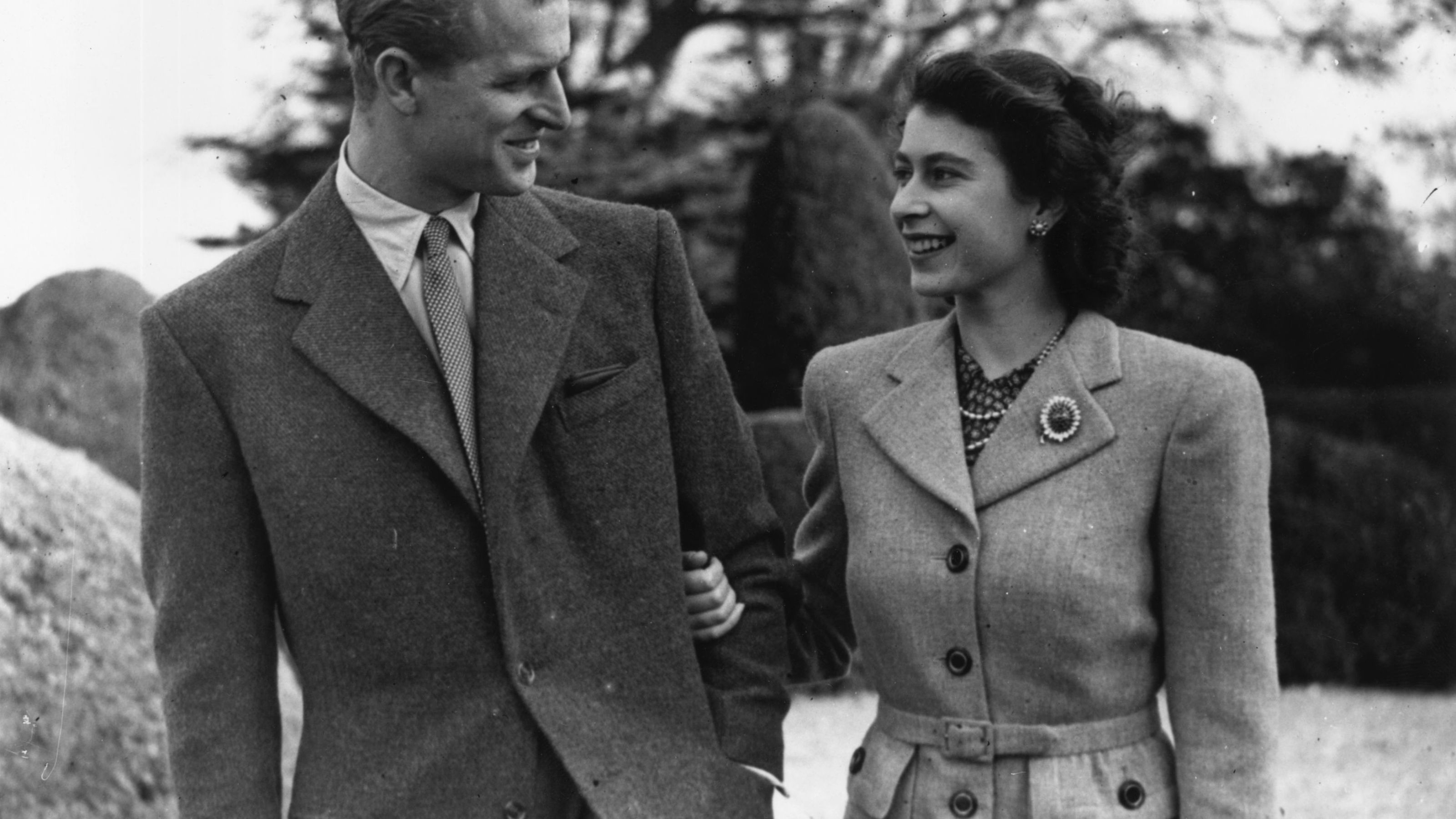
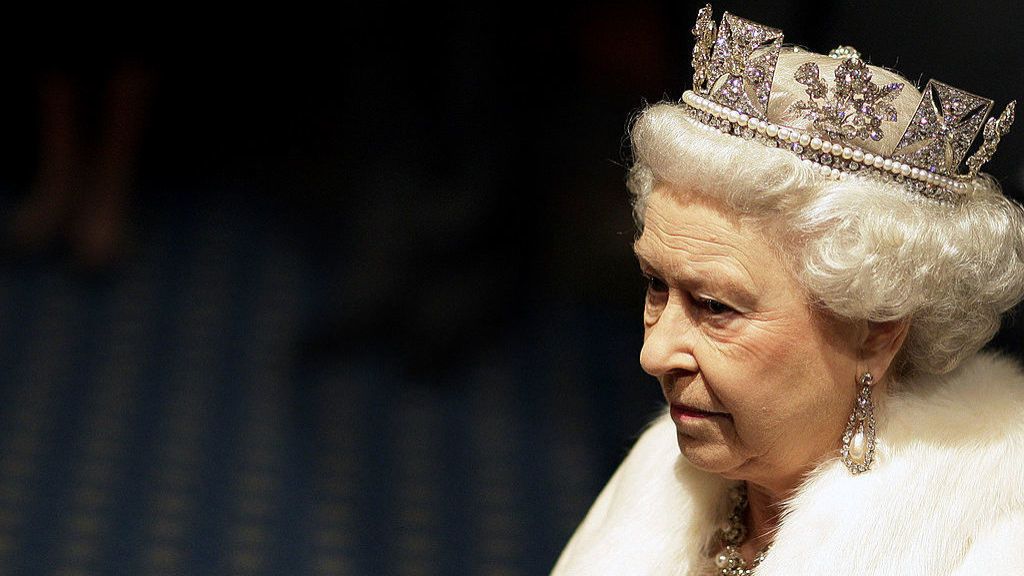
Kayleigh Roberts is a freelance writer and editor with over 10 years of professional experience covering entertainment of all genres, from new movie and TV releases to nostalgia, and celebrity news. Her byline has appeared in Marie Claire, Cosmopolitan, ELLE, Harper’s Bazaar, The Atlantic, Allure, Entertainment Weekly, MTV, Bustle, Refinery29, Girls’ Life Magazine, Just Jared, and Tiger Beat, among other publications. She's a graduate of the Medill School of Journalism at Northwestern University.